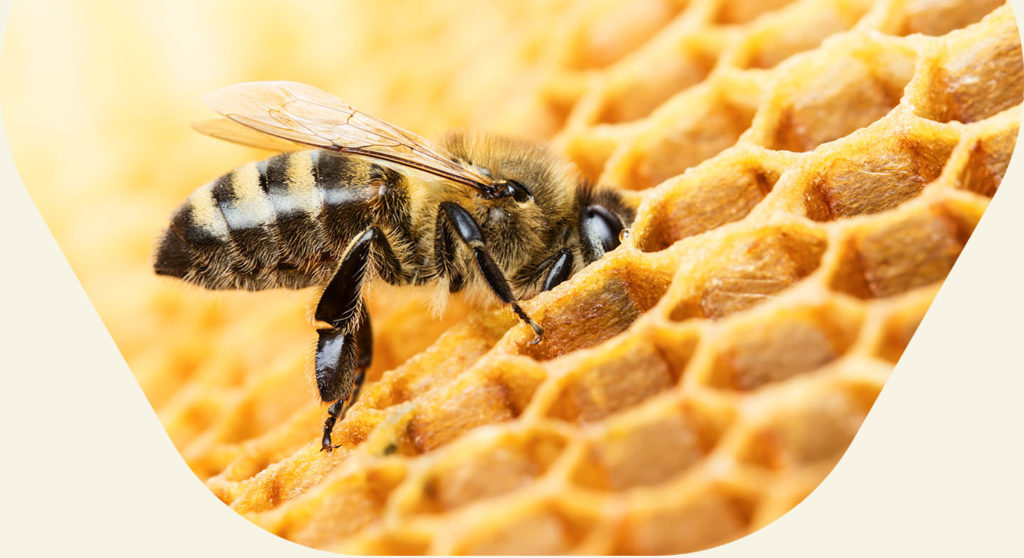Mathieu DOMECQ
Editor-in-chief of the API of the Month and Blog
September usually marks the end of the season and the start of honey bottling. However, 2025 continues to be affected by the aftermath of last year, with production still severely impacted by the climate and pests.
This month, we will focus on hive insulation, a principle of thermal regulation closely monitored by beekeepers.

Tasks of the month
September marks the end of the harvest and the beginning of winter for bees. Some regions have been spared thanks to spring blooms, particularly acacia and lime trees, while in the south, chestnut and sunflower trees dried out very quickly, providing little nectar for bees. This has had a significant impact on professional beekeepers again this year. Here is an overview of the main tasks to be carried out by beekeepers during this month:
Finish the varroa treatment: If you have not already done so, hurry up and start your treatment or you risk losing your colony due to the exponential growth of this mite in the hives.
Clean the supers: To get off to a good start next spring, clean your supers before storing them. Scrape all the propolis off the frames and out of the grooves in the combs. Then store them in a sheltered place where the wind can circulate and where there is light to prevent wax moths from appearing in the wax. Stack the supers on two breeze blocks (or a pallet), with a queen excluder between each layer.

Boost colonies: Even if they have produced good harvests, hives are sometimes very light. Vigilance is required! My advice is to bring Apiinvert syrup if the frames are almost empty of honey. If you don’t see wax overflowing on either side of the frames, the hive is probably lacking honey. If the bee population in your hive is low, give them some protein candy to boost the queen’s egg-laying so that the autumn bees can gradually be prepared.
Trapping Asian hornets: Continue to trap the hornets that are circling your apiaries.
In September, beekeepers prepare their bees for winter. Honey and pollen production will run out in nature. The bees will have to live on their stores and the supplements provided by the beekeeper.
This month’s honey plants
Ivy, phacelia, cosmos


